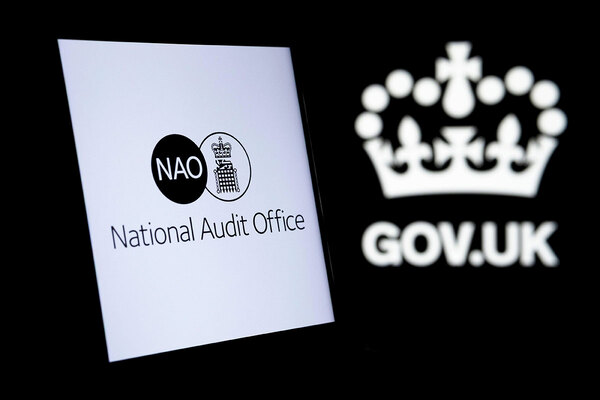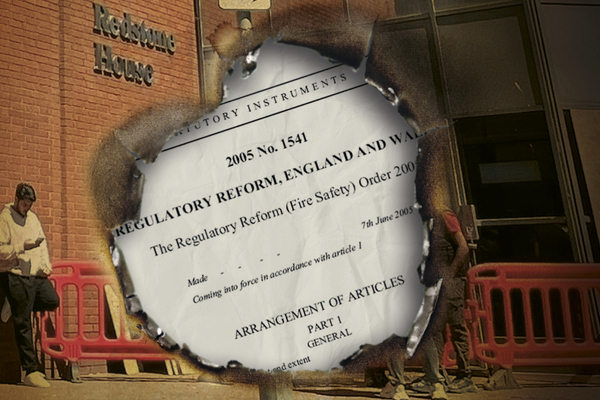You are viewing 1 of your 1 free articles
TSM results show ‘early signs of improvement’ but satisfaction still low for shared owners
The Regulator of Social Housing (RSH) has published the results from the second year of tenant satisfaction measures (TSMs), with the data showing “early signs of improvement”.

Today (4 November), the RSH published the TSMs for 2024-25, which surveyed nearly 0.5 million tenants to find out how satisfied they were with their landlord.
The headline results from 360 large landlords are broadly similar to last year, with overall average satisfaction increasing by half a percentage point for social tenants to 71.8%, compared to 71.3% last year.
The RSH said this slight increase is likely to be “at least partially” accounted for by relatively small changes to survey collection methods at sector level.
However, while the results show a small rise in satisfaction, just under one in five tenants (18%) are still dissatisfied with their landlord’s overall service.
The views of many of these tenants are likely to be reflected in the low average satisfaction with complaint-handling, which was 36%, according to the RSH’s analysis.
As with the inaugural results, satisfaction among shared owners is “significantly lower” than among social tenants, with nearly a third (32%) of shared owners dissatisfied with overall landlord service.
Shared owners have lower satisfaction with landlords across the perception measures, the RSH said, adding that the National Tenant Survey results suggest that this partly reflects differences in services and the “fundamentally different” nature of the shared ownership model.
There are a total of 22 TSMs, and the surveys ask tenants standardised questions on a range of issues, such as how safe and well-maintained their homes are, and whether their landlord listens to and acts on their views.
The results show that social tenants report the highest levels of satisfaction with overall repairs services (74%), with the safety of their home (78%), and with their landlord treating them with fairness and respect (78%).
Most landlords report full compliance on each building safety measure, according to management information. The majority of homes owned by large landlords had completed required gas (99.7%), fire (98.7%), asbestos (97.9%), water (97.9%) and lift safety (97.8%) checks.
According to the data, 79% of the 11 million non-emergency responsive repairs were completed within target timescales over the year.
The RSH is following up with landlords whose TSM results indicate that they are outliers – including on health and safety indicators. The RSH is also engaging with landlords where it has concerns about the quality of their data.
Fiona MacGregor, chief executive of the RSH, said: “The TSMs give useful insights for tenants and landlords, which should lead to better strategic decisions and stronger engagement with residents.
“TSM data provides an important source of intelligence for our regulation. Although we don’t look at them in isolation, it’s positive to see some early signs of improvement on last year.
“The TSMs are one part of our work to support transparency and accountability in the sector and landlords should reflect on their results to see how they can make services to tenants better. We continue to use a range of tools, including our inspections, to drive landlords to improve social housing long term.”
Research published this week showed councils that manage stock through an ALMO are performing better than local authorities that manage housing services directly.
The study by data firm Housemark, and commissioned by the National Federation of ALMOs, found that ALMOs outperform local authorities on nearly all of the TSMs.
Sign up for our regulation and legal newsletter
Already have an account? Click here to manage your newsletters
Latest stories








